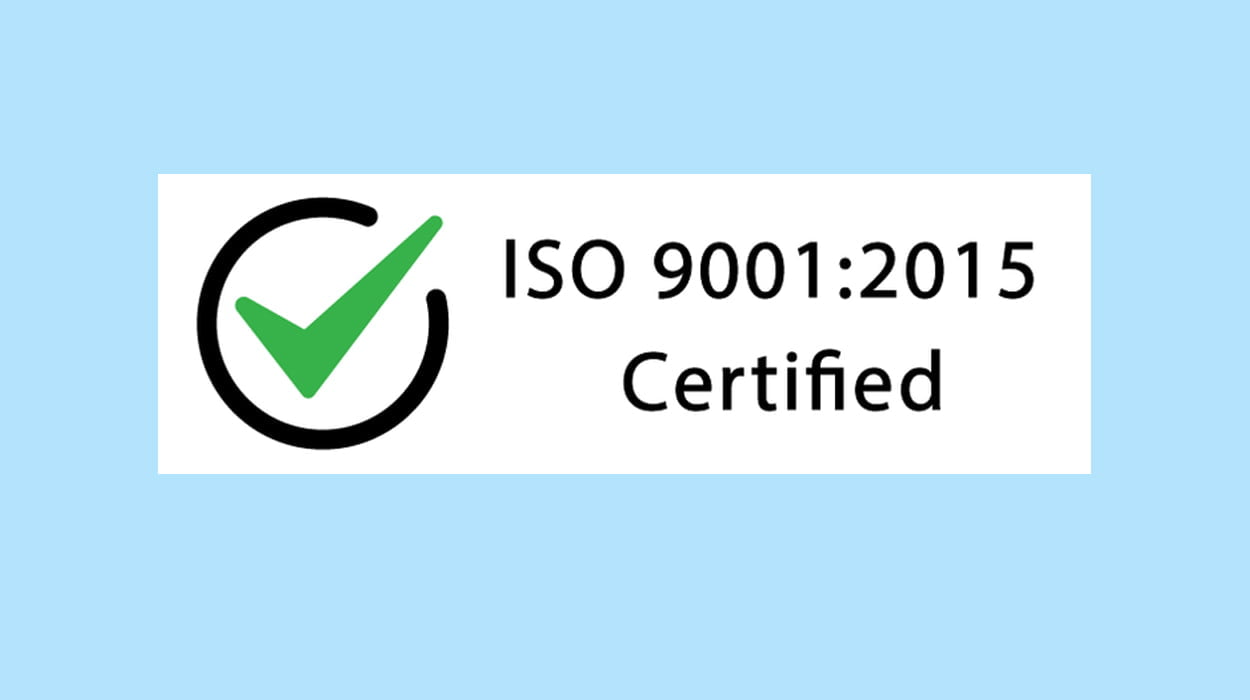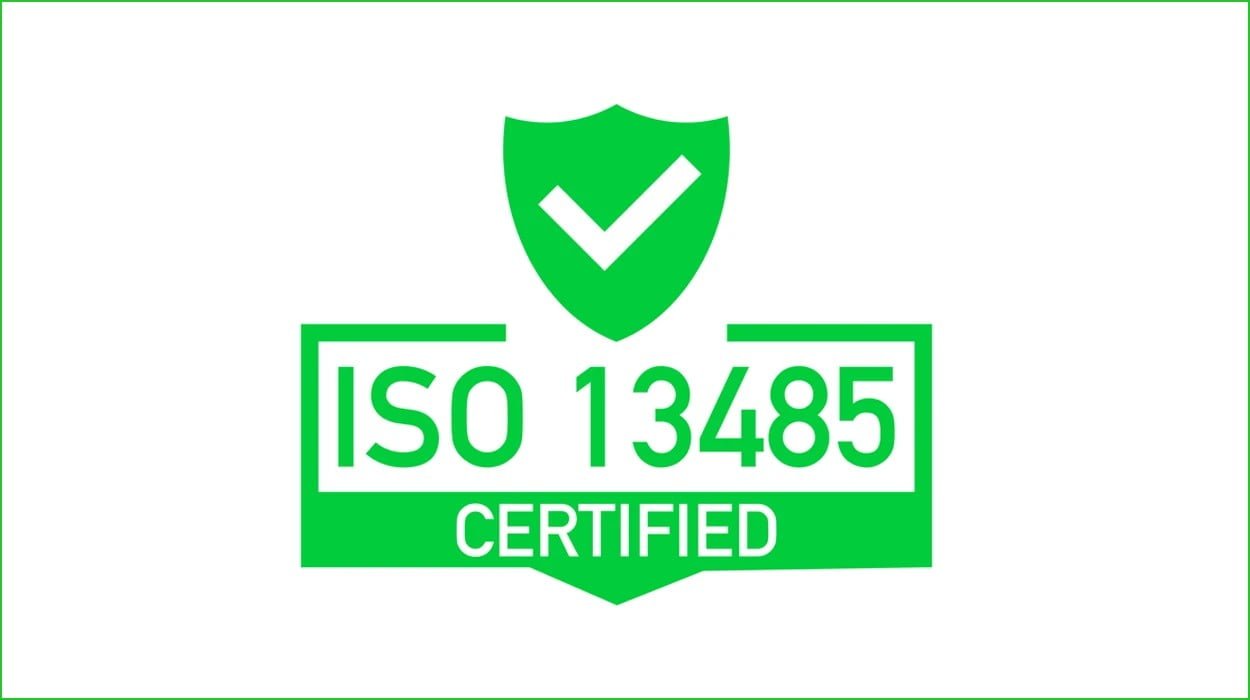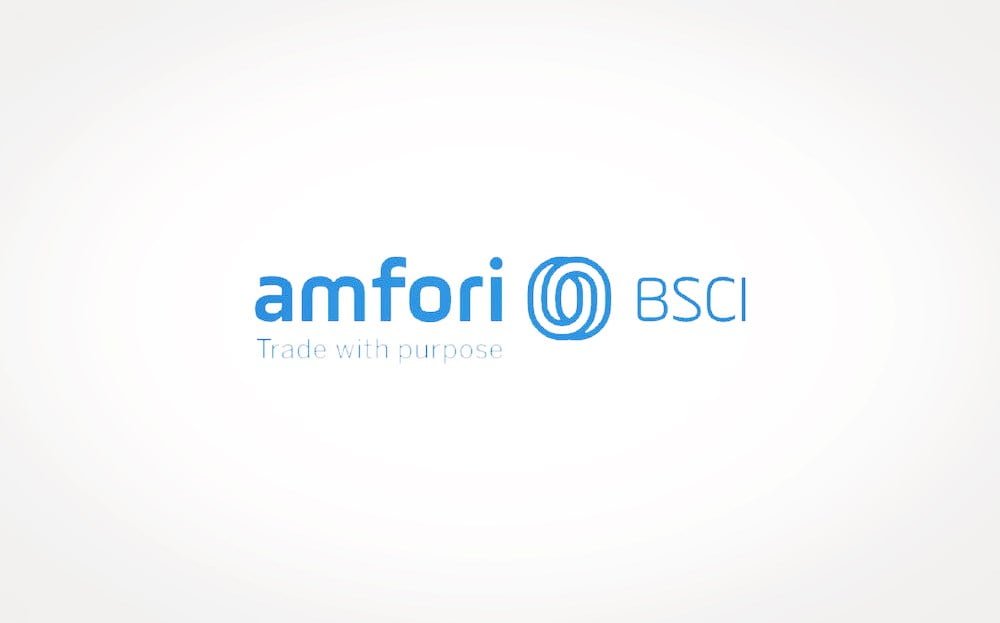The typical customer for MOKO is interested in quality products. They want products that meet their needs and have high levels of durability and efficiency. Their dream is to have a product that they won’t be anxious about maintenance and replacement. That’s why MOKO worked towards achieving ISO 9001:2015 certification.
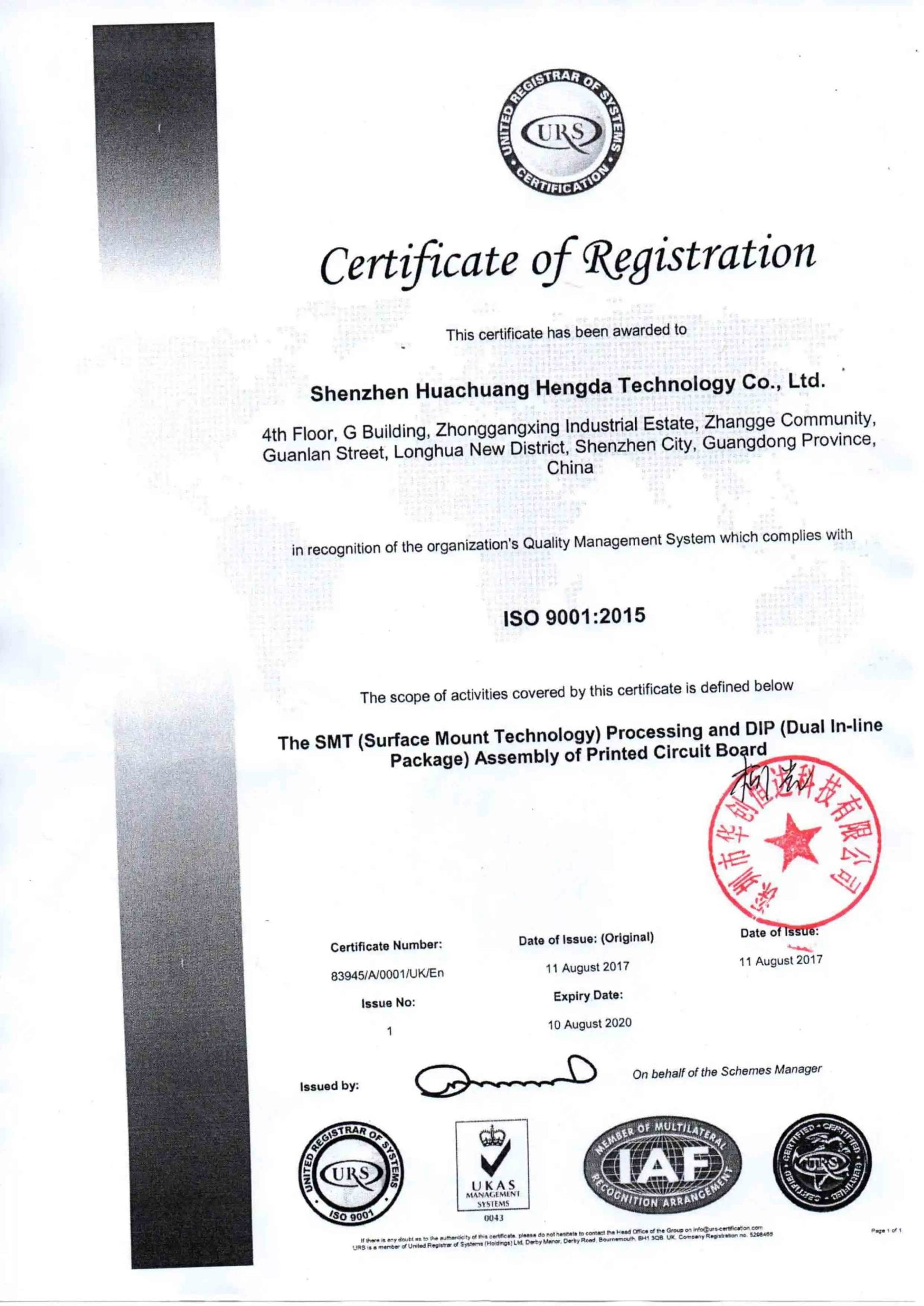
What is ISO 9001:2015 Certification?
The ISO 9001 forms part of the ISO’s (International Organization of Standards) catalog of standards. It targets quality management, ensuring businesses and organizations uphold a high level of quality in both operations and products. The ISO 9001 standard is quite general – any business or organization can apply for it, whether they sell services or products.
ISO’s standards are widely recognized all around the world. This ensures that there can be some cohesion when working in global markets. Customers can expect the same level of quality when working with businesses from across the globe as long as they are ISO 9001 certified and compliant.
This standard is updated once every five years, during which diverse standard-setting organizations across the world contribute to the new updates. As such, the quality standard ensures that it can keep adapting to the changing times.
It targets every operation, from how organizations communicate internally to the documentation of each process. ISO 9001 is based around Kaizen, the principle of constant improvement. Organizations that embrace it can continuously improve their products and services as well as reduce waste.
The ISO 9001:2015 Certification Process
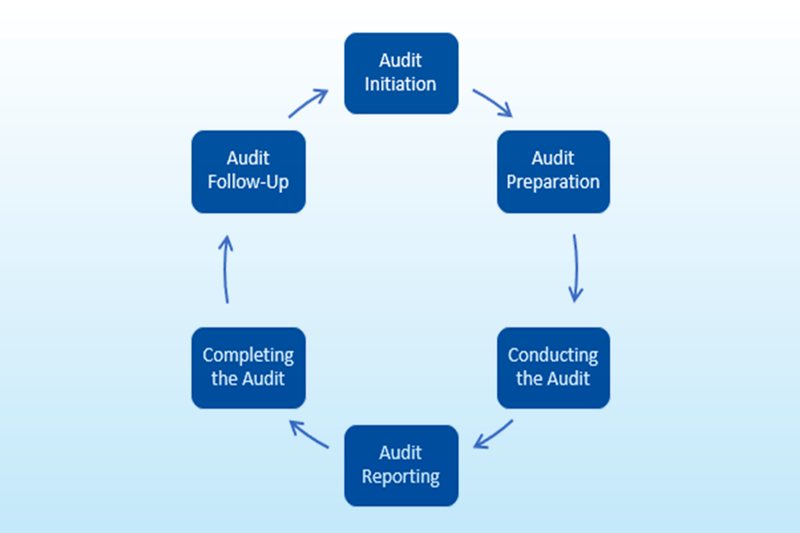
The certification process for ISO 9001 is quite thorough and targeted. It looks at areas where an organization falls short at quality assurance, offering suitable remedies. For MOKO to achieve certification, we had to undergo two phases: Stage 1 and Stage 2 audit.
Stage 1 Audit involved auditors visiting an organization’s premises to identify any loopholes in their quality assurance processes. They then recommended changes that would improve quality management systems. Once the organization applies these changes, they can then begin the Stage 2 Audit, where auditors confirm the changes have been implemented. They then offer the organization a confirmation certificate.
ISO certification is not a one-time thing – companies are required to do constant tests to ensure that their quality management systems are still functional.
What Certification Means for our Key Stakeholders
The stakeholder that benefits the most is our customer. Receiving certification is a message that we are committed to delivering quality products and services consistently. This means limited product returns, no faulty products, increased product useful life, and better experience working with us.
Our internal team also gets to benefit from the increased quality. The standard is known to make internal operations smooth and error-free. This means less work and more success for our team. Safety is also increased through the improved quality management system, meaning reduced workplace injuries.
We are committed to offering the lifeline of our business – our customers – nothing but the best products and services. ISO 9001:2015 takes us many steps closer to our goal. Combined with our other certifications, MOKO can proceed to provide groundbreaking products. We have also received certifications for UL, ISO 14001, ISO 13485, and RoHS, which combine to improve our overall operations.
